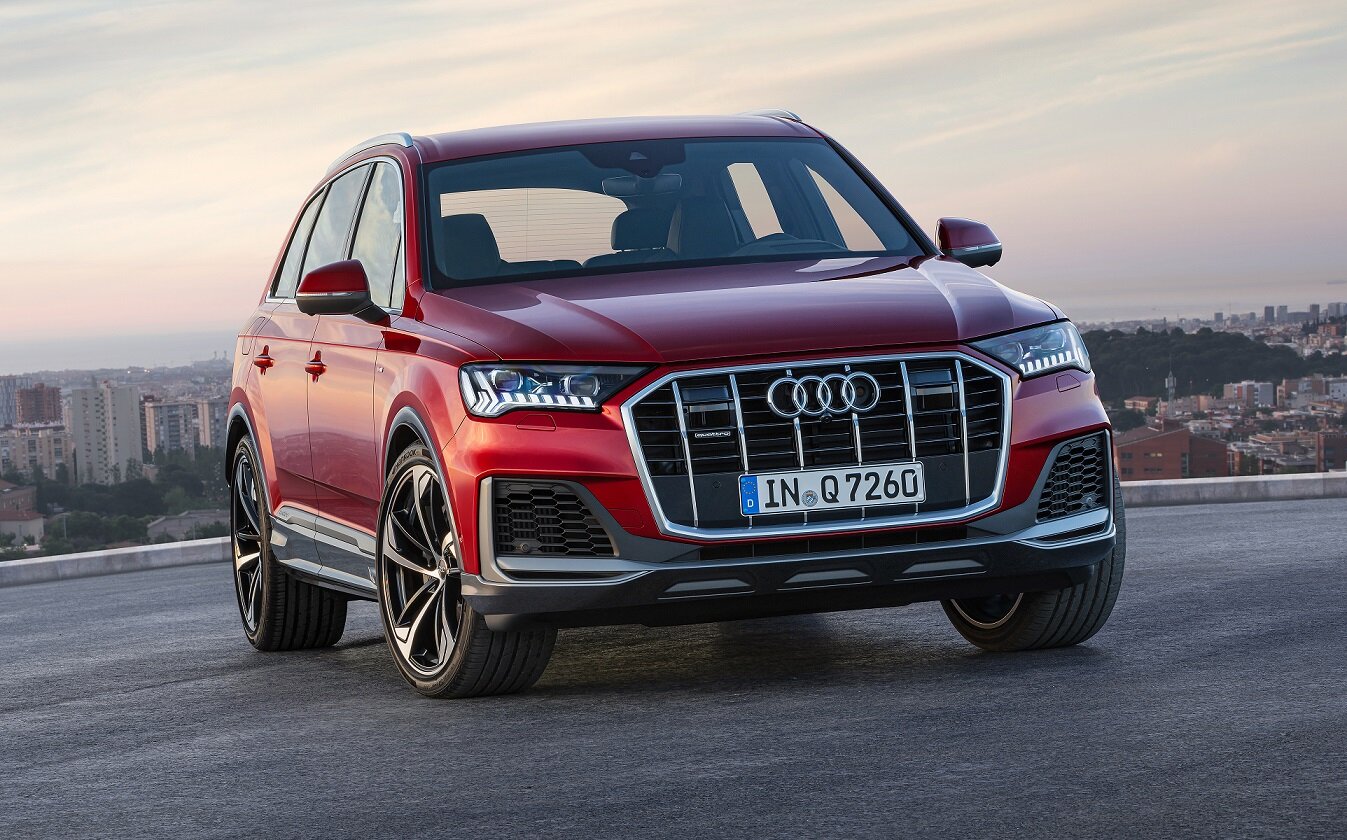Why is the recommended retail price (RRP) so high?
QUESTION
Dear John,
There was a depreciation figure for a Q7 on your depreciation video. It obviously depends on the purchase price.
My most recent car purchases were an X3 M40i and an Audi Q7. I managed 32.5% off RRP on one and 30% on the other. These are correct figures in the sense that they were not bogus because they represented an old model, a model about to be superseded, last year’s build, trade in price influence etc. So, genuine discounts off the latest and greatest of the particular cars.
Maybe the premium brands have more flexibility in pricing than most buyers imagine. An offer of 5% off might satisfy most buyers. But shrewd bastards like me do rather better. Interesting to estimate what is an achievable target percentage off RRP.
Wouldn’t it be great if buyers could be informed of the best possible normal discount available for each brand. Especially for those going for your favourite three prong suppository where any mention of a discount has the sales person turning away muttering “we, of course, see no need to discount unlike...”.
If you would like an idea for a video it could be to discuss the nonsense of the RRP. In truth these figures are plucked out of the air and lead the potential buyer to assume that they are gospel scientific numbers produced by an engineer with your analytical skills.
Something like “5% off RRP” is meant to convey that both there is an enticing discount and it has a basis in fact. Not a basis is in bullshit.
Regards,
Graeme
My AutoExpert AFFORDABLE ROADSIDE ASSISTANCE PACKAGE
If you’re sick of paying through the neck for roadside assistance I’ve teamed up with 24/7 to offer AutoExpert readers nationwide roadside assistance from just $69 annually, plus there’s NO JOINING FEE
Full details here >>
ANSWER
Graeme,
RRP is not ’nonsense’. It’s the base price, set by the manufacturer, before taxes and on-road charges, upon which the commercial/business case is predicated.
Cars are like houses and boats and just about anything sold used, online: The final price is arrived at by negotiation. The largest factors in play are underlying supply and demand, and the competence of either party (at negotiation) and their motivation.
Highly motivated sellers are more likely to drop the price a lot, and highly motivated buyers are more likely to pay full whack.
High levels of demand relative to supply (as per the market currently) drive the price up.
The reverse in both cases is also true.
This business of “we, of course, see no need to discount…” is just a ploy. The ONLY thing that matters is offer and acceptance/refusal. Talk is cheap. If you put an offer on the table the proposition becomes binary - they either accept of refuse.
Given that supply and demand varies by brand and by model within brands, and that seller motivation varies by both brand and dealership, it’s not really possible to offer a ‘one-size fits all’ guide to pricing. Just pitch a low offer, and if they don’t go for it, walk away - it’s not like you’re going out for beers with them afterwards. It’s a purely commercial exchange.
Sincerely,
JC
BUYING A NEW CAR? MORE RESOURCES FOR YOU
Discounting dead: Is this the end for negotiating on a new car? >>
Legend of the Ming Moll: How they make you pay more by wearing less >>
The truth about servicing automatic transmissions (even the sealed ones) >>
Mitsubishi's 10-year warranty: Worst consumer concept ever >>
LIVESTREAMS
Don't forget to join me for my 'Ask Me Anything' Q&A livestreams on YouTube (Sydney time).
Subscribe to my YouTube channel and hit the bell icon to get an alert you every time I go live.










Just because a ute is cheap, that doesn’t mean it’s worth the money. Is the GWM Cannon more than just a cut-price Ranger wannabe? Can it offer towing, off-roading capability and robust design to compete with the big brand dual-cab utes like Hilux and Triton?